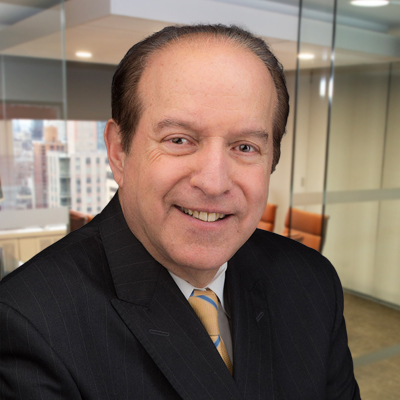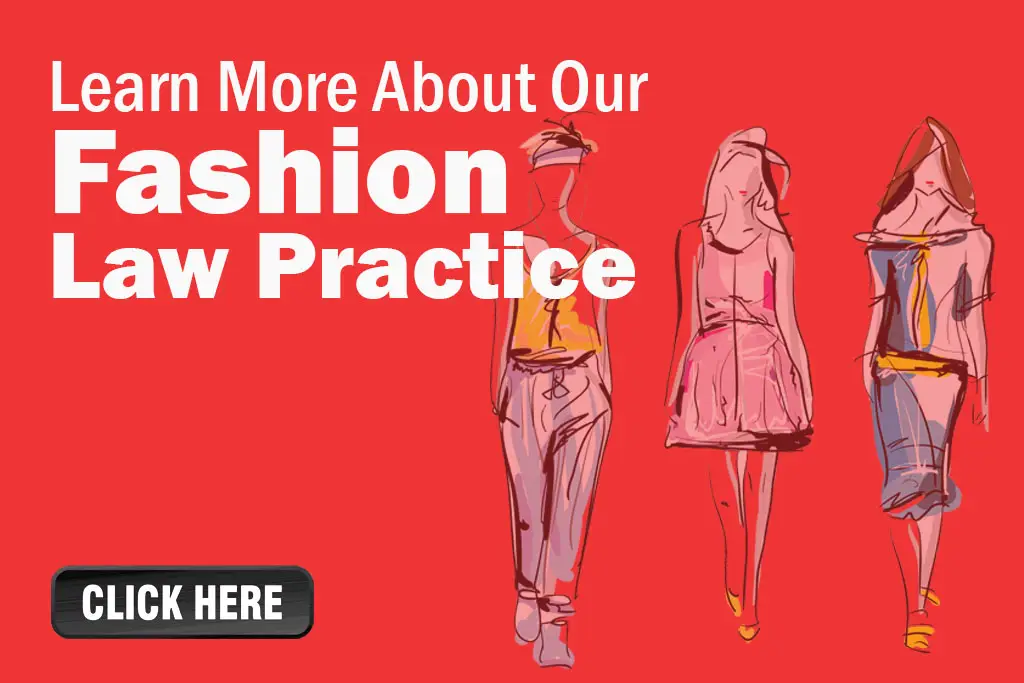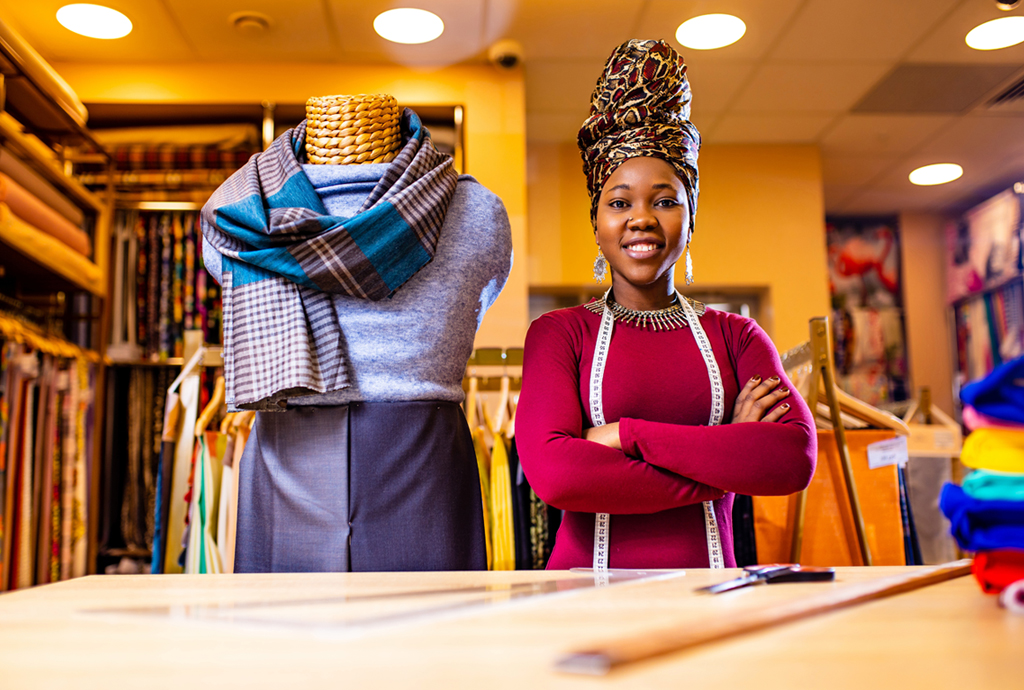My Fashion (Legal) Odyssey: Part 3
Race and Fashion-The Emergence of the Urban Brands

The year is 1987. My stint as General Counsel of Sergio Valente has come to an end after the break-up of its partners. I returned to private practice. I’ve worked for the last thirty-three years at Davidoff Hutcher & Citron LLP, a mid-sized law firm where I head up the firm’s Fashion Law Practice.
My fashion odyssey would go into full swing. I ran three packed programs at The National Arts Club about the nexus of art and fashion. I founded both The Fashion Roundtable and The Fashion Service Network. I would go on to represent a wide range of fashion, jewelry, and home product designers and companies that sold their goods to Neiman Marcus, TJ Maxx, and everyone in between.
I decided to write and publish in glossy, over-sized format a lively newsletter called Fashion & The Law. My first issue contained an article called “Licensing at Lunch”, which explored basic licensing principles through lunch at Arno’s between Carlo Glamoroso and Irwin Smoothtalk, two fictional characters I created. (Please contact me if you wish to receive a well-received, updated version of that article!)

Around the same time, I went to the first WWD CEO Summit in Scottsdale, Arizona. One of the workshops I attended was run by a senior executive from denim giant VF Jeans. He showed a video that included a street scene of various people. All white people. Being the provocateur I am, and mindful of the nascent urban companies, I stood up and asked the presenter why all the people shown were white. I don’t remember his specific answer, but it was not a satisfactory one.
The featured speaker at dinner was Bob Mettler, then head of apparel for Sears. He specifically called out my comment from the VF workshop and noted that the fashion industry had to be more inclusive and reflective of America. I was glad.
Back to FUBU. FUBU was a great success because it knew its customers and created a great emotional connection with them. Its success was also the result of the collaboration of very talented contributors. That has been true of many great successes in the fashion industry: Calvin Klein and Barry Schwartz, Nicole Miller and Bud Konheim, Liz Claiborne and Arthur Ortenberg, and many more.
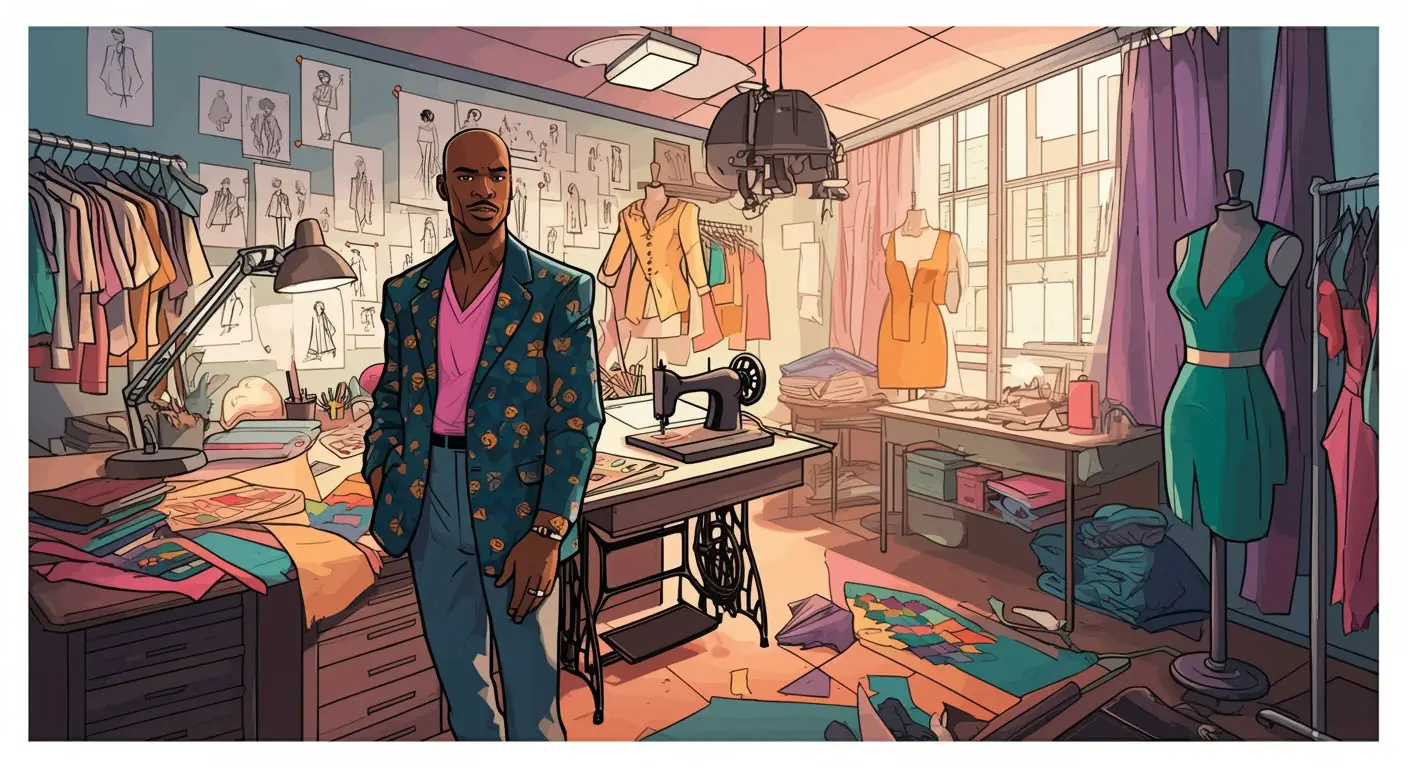
A great FUBU team was assembled. The Weisfelds handled traditional business operation matters, Daymond and his team leading marketing, merchandising, and design for the brand, and Samsung came on board to handle financing, shipping, warehousing, and related matters. Bernt Ullmann, formerly licensing director at Donna Karan, joined the team with two huge rolodexes of international licensing contacts, to launch and grow a U.S. and international licensing business. I handled all the company’s license, promotional, and co-branding agreements. And Bill Cox, an accomplished IP lawyer, joined the team. We had great fun!
I had one unforgettable, non-legal experience that began outside of FUBU’s bustling Las Vegas MAGIC show booth. I chatted with two young women who told me that they were starting a baby clothes business. They invited me to a cocktail party they were hosting at the MGM Grand. At the beginning of that party, one of my new friends said to me “Would you like to meet my father?” I looked up and saw that Smokey Robinson had just arrived. I gladly accepted that invite and chatted with Smokey about Marvin Gaye, always a favorite of mine. Noting Marvin Gaye’s picture on an early album wearing a Perry Como-style cardigan, I asked Smokey if Marvin was a fan of the crooner. He said Marvin was a fan and was not a “rocker” as Smokey put it. How great was that!
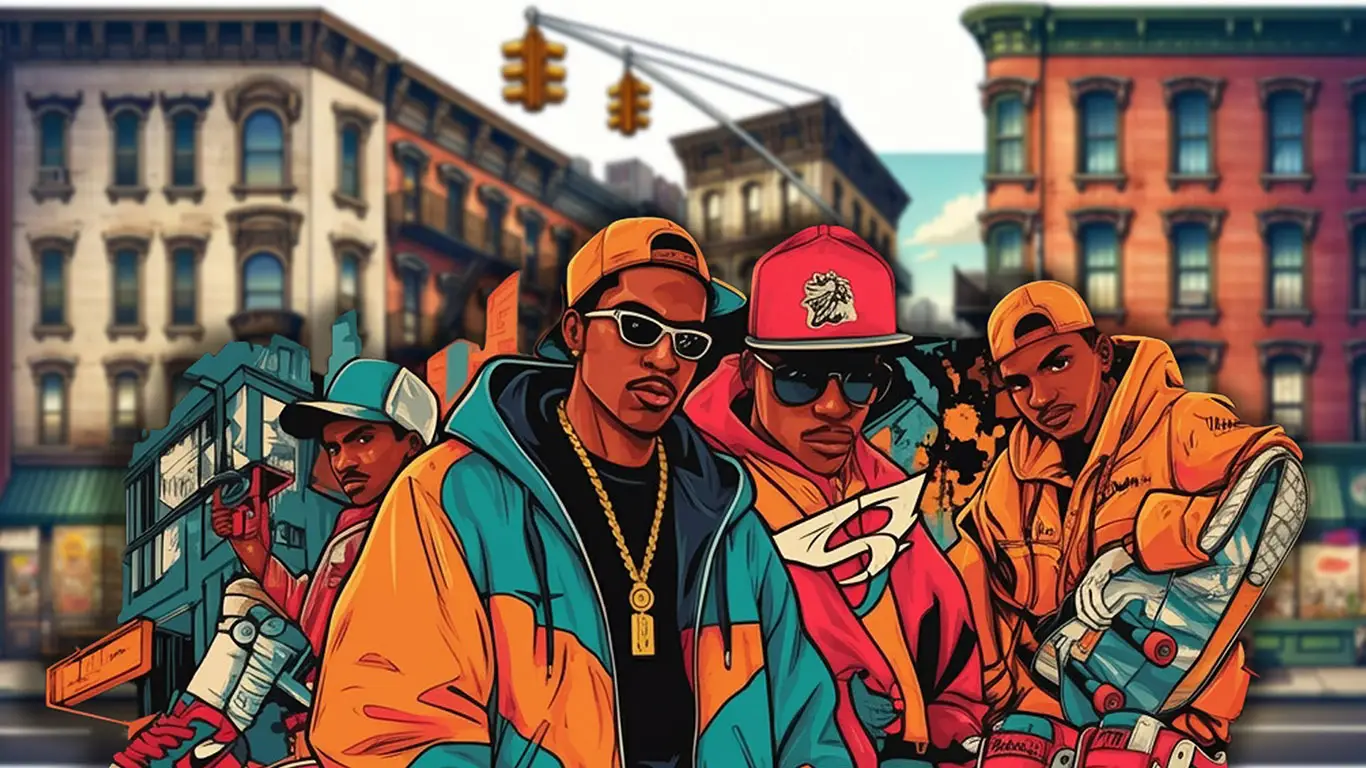
The new FUBU company, early on, embarked on a series of collaborations of a kind that have grown ever more popular. They first did a co-brand with the National Basketball Association, and then collaborated with The Harlem Globetrotters, Muhammad Ali, and then heavyweight boxing champion Lennox Lewis. To my mind, the jury is still out on these kinds of collabs, especially for a new or young brand, which FUBU was. Do they put you on the map as a brand to be reckoned with, or do they say to the consumer that the brand and its products cannot stand on their own?
The urban brands would become amazingly hot. And everyone wanted to get in on the act. Even a well-known preppie clothing line was marketing itself as an urban brand!
Unforgettable times!
Meet the Author
Charles Klein, Esq. Charles Klein is a partner and chair of the Fashion Law Group of Davidoff Hutcher & Citron LLP, a mid-size, midtown Manhattan law firm. DHC has been helping clients solve challenging problems since 1975.
Although he handles a wide variety of business law matters for clients, Mr. Klein’s practice is particularly focused on the fashion, accessories, and home industries, where he helps his clients build their businesses, obtain protection for their intellectual property, protect their brand assets, and negotiate their license agreements and other contracts.


